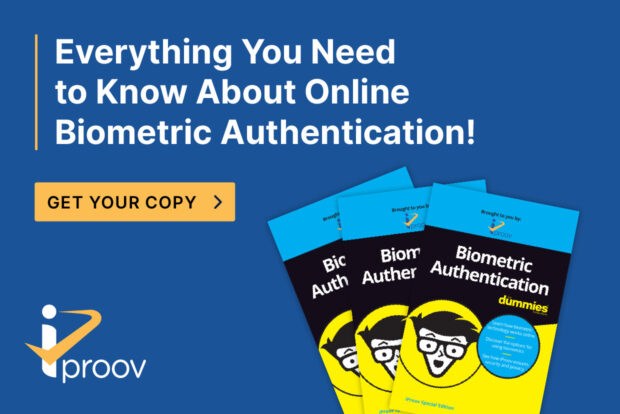New Zealand sets out the rules for trusted digital identity services

The New Zealand government has finalised its Digital Identity Services Trust Framework, kickstarting the country’s push to roll out a suite of digital identity services.
The framework establishes the rules and regulations that accredited digital identity services must follow, including ensuring privacy and security. It aims to give people control over their information.
The country’s minister for digitising government, Judith Collins, said: “New Zealanders want to be able to complete everyday tasks online and in person in a way that’s safe and secure.
“[This] announcement paves the way for safe future digital identity services.”
Specific services expected to emerge include a digital driving licence, bank ID and trade certification.
Read more: As digital ID adoption grows, government leaders share lessons learned and future plans
No more scanned documents
Addressing the practical problem that digital identity services are intended to solve, Collins explained that citizens are often required to share their name, address, age or qualifications in person, forcing them to provide “insecure scanned copies of our important physical documents”.
“Using accredited digital identity services makes it easier to securely share your information, helps protect from identity theft, and gives New Zealanders greater control over their own information,” she said.
Services will be accessed using “accredited digital identity wallets and apps”, with the information they contain protected through encryption technology. Consent is a key aspect of the framework and service providers must obtain the user’s permission before sharing personal information.
Read more: US National Institute of Standards and Technology refreshes digital ID guidelines
User choice
In addition, the government said that under the framework, digital credentials always reside with the user and the issuer has “no knowledge or oversight of when and how the user presents their credentials”.
Collins said that citizens who choose to use digital identity services will have the choice about “what information they share, and who they share it with”.
“No one will be required to use digital identity services but those who do can be assured that accredited services can be trusted,” she commented.
Accreditation is not mandatory. Digital identity service providers can still deliver their services without being accredited under the trust framework. The accreditation mark allows people to distinguish between accredited and non-accredited providers.
About Jack Aldane
Jack is a British journalist, cartoonist and podcaster. He graduated from Heythrop College London in 2009 with a BA in philosophy, before living and working in China for three years as a freelance reporter. After training in financial journalism at City University from 2013 to 2014, Jack worked at Bloomberg and Thomson Reuters before moving into editing magazines on global trade and development finance. Shortly after editing opinion writing for UnHerd, he joined the independent think tank ResPublica, where he led a media campaign to change the health and safety requirements around asbestos in UK public buildings. As host and producer of The Booking Club podcast – a conversation series featuring prominent authors and commentators at their favourite restaurants – Jack continues to engage today’s most distinguished thinkers on the biggest problems pertaining to ideology and power in the 21st century. He joined Global Government Forum as its Senior Staff Writer and Community Co-ordinator in 2021.


Related Posts
Latest News
-
How governments are using mobile IDs to transform services for citizens
As governments around the world look to deliver digitally-enabled services,...
- Posted July 14, 2023
- 1
-
Sustainability takeaways from Innovation 2025
Global Government Forum has used an artificial intelligence tool to...
- Posted April 14, 2025
- 0
-
Integrate mission governance into climate policy, says OECD
Governments should integrate mission governance into climate mitigation efforts to...
- Posted April 10, 2025
- 0
-
How combined corporate and trade data helps governments combat financial crime
As the methods to commit financial crime evolve, so do...
- Posted April 10, 2025
- 0
-
Trump administration sets guardrails for AI use and acquisition within government agencies
US federal agencies received two memos on 3 April from...
- Posted April 10, 2025
- 0
-
Governments urged to make smarter use of data to combat deforestation
Smarter use of data and stronger regulatory partnerships are needed...
- Posted April 9, 2025
- 0
-
‘It’s a wonder anything gets done’: UK government pledges to rewire Treasury to streamline financial reporting
The UK government has set out plans to overhaul how...
- Posted April 8, 2025
- 0
-
AI deployment in government: laying the groundwork for success
In this webinar, experts discussed how best to implement artificial...
- Posted April 8, 2025
- 0
Partner content



Related events
















